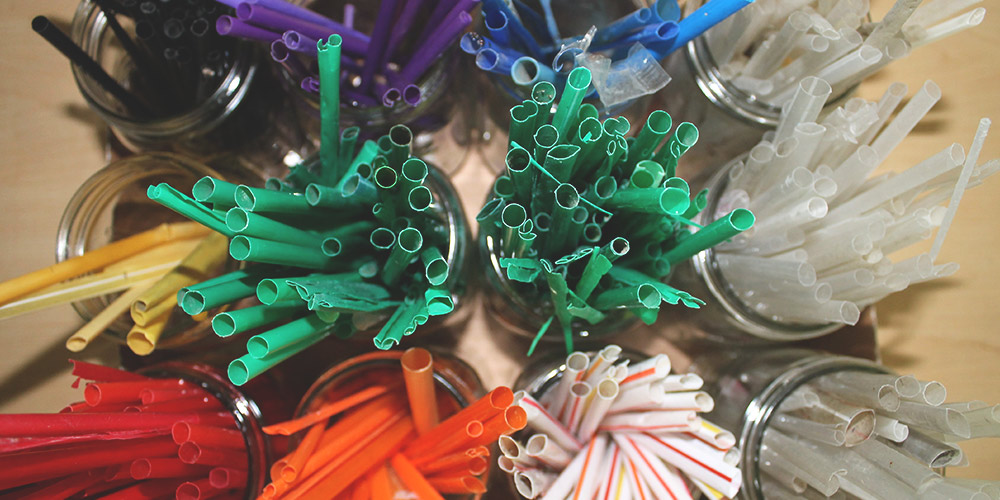Malibu Stops Sucking – Which City Is Next?

This week the City of Malibu took California a step closer to the sipping point by enacting an ordinance banning the distribution of polymer and bioplastic plastic straws. The new law also prohibits local establishments from giving out plastic and bioplastic stirrers and cutlery.
Restaurants have until June 1 this year to transition to more sustainable products, such as paper or metal straws and bamboo forks, knives, and spoons.
Let’s pause here – just for a flippin’ moment – and JUMP FOR JOY at this momentous win!
Plastic straws suck
Beverage-related items account for roughly 40% of the trash in our environment. Heal the Bay has long campaigned to curb the plastic plague through our beach cleanups, helping establish zero trash policies to protect local waterways, defending California’s hard-fought plastic bag ban, and advocating for other local and statewide policies to require greener alternatives to commonly littered plastic items.
Over the past 15 years, Heal the Bay volunteers have removed nearly 100,000 straws from beach cleanups throughout L.A. County. That’s 100,000 straws too many. So in response to this staggering local trend, we ran a Strawless Summer campaign last summer, partnering with businesses and encouraging Angelenos and visitors to forego the plastic straw.
Start sipping and stop sucking
Our ultimate goal was for restaurants and cities to become aware of the local plastic pollution problem and recognize how simple it is to be solution-oriented and transition to a straws-upon-request approach where straws aren’t given out freely, but instead, customers have to ask for them (much like we do for water in California). So, we were thrilled that the City of Malibu not only is moving to straws-upon-request, but also making it a requirement that restaurants only provide environmentally friendly, non-plastic cutlery, straws, and stirrers.
What’s the deal with bioplastics?
Some may wonder about why bioplastics are included in the ban. Although they are largely made from greener source-products than petroleum, like sugar cane and corn starch, they provide litter and waste management challenges. Bioplastic products don’t readily break down in rivers, creeks and the ocean; instead they require the high heat and bacteria provided by industrial composting facilities to decompose.
Strawless forever
We found through our Strawless Summer campaign, businesses and their customers are generally on board with green business practices, especially when it makes both environmental and economic sense.
The report issued by the City of Malibu to evaluate policy options and alternatives found that the cost difference between plastic and more sustainable alternatives is minimal – it’s only about $.01 more per straw for paper straws.
Thank you Malibu, for helping L.A. to stop sucking. Who is next?
#Malibu City Council continued its environmental leadership and voted to ban the sale, distribution and use of single-use plastic straws, plastic stirrers and plastic cutlery on Feb 12 to protect the #environment from #plasticpollution. Learn more at https://t.co/e5t5JbVT6H. pic.twitter.com/UcUHhdKSDT
— City of Malibu (@CityMalibu) February 16, 2018
Nice work Malibu. @Laura4Malibu I'd like to get that staff report and do the same in #RedondoBeach https://t.co/KCZGAravxf
— Christian Horvath (@HorvathRbd3) February 16, 2018


